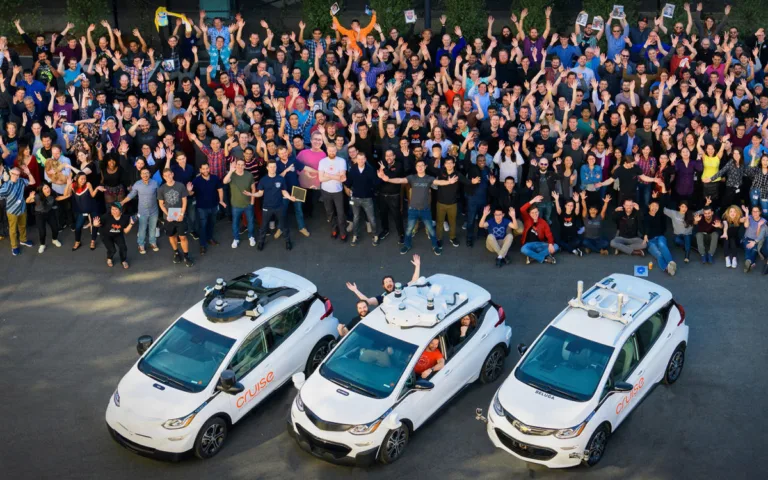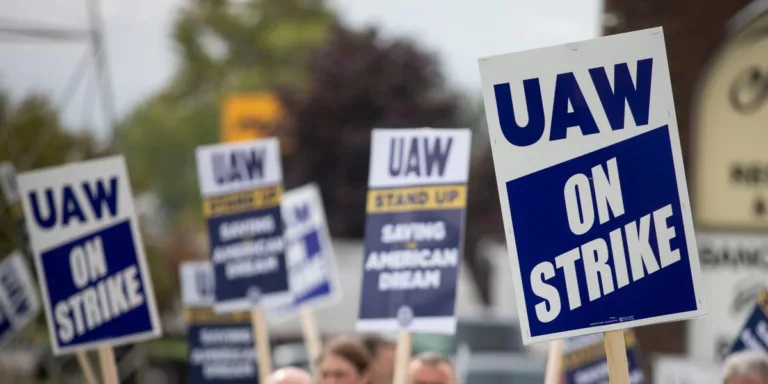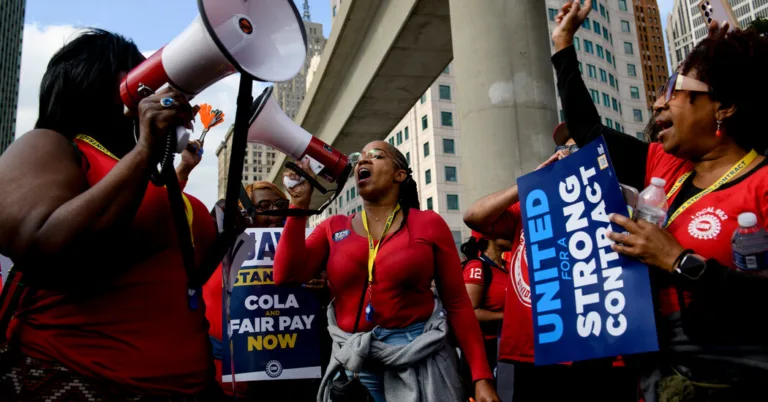Cruise’s CEO Kyle Vogt Steps Down as Robotaxi Company Experiences Leadership Changes
Cruise co-founder and CEO Kyle Vogt has resigned, and General Motors has made leadership changes within the robotaxi company. Vogt expressed gratitude for the success and milestones achieved during his tenure and plans to take a break to explore new ideas. Meanwhile, Mo Elshenawy has been promoted to President and CTO of the robotaxi subsidiary. General Motors also recently installed Craig Glidden as Chief Administrative Officer of Cruise, overseeing legal, communications, and finance teams. The company continues to conduct a safety investigation after a tragic accident involving a Cruise robotaxi and has temporarily suspended autonomous and manual vehicle operations.


